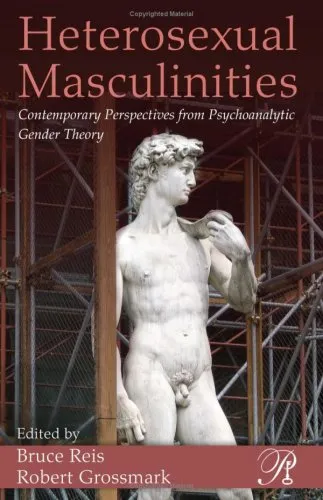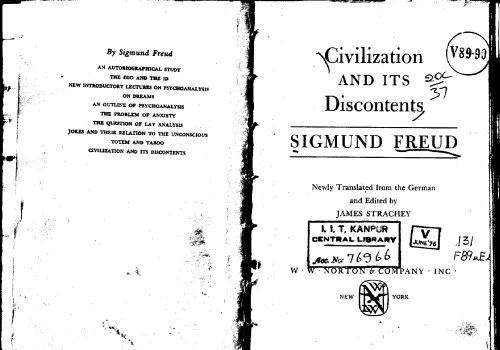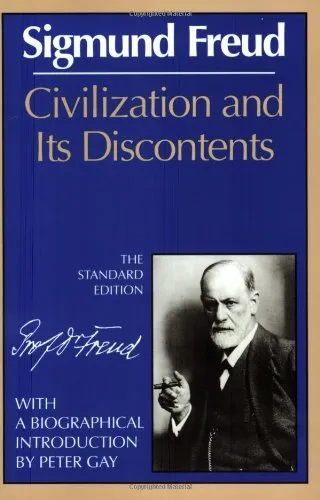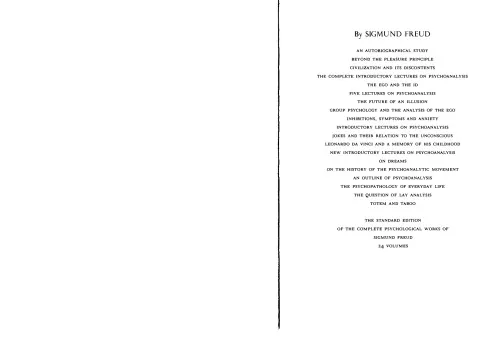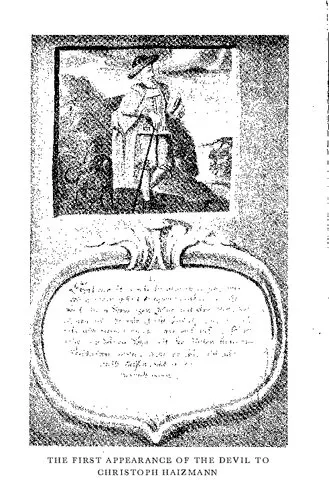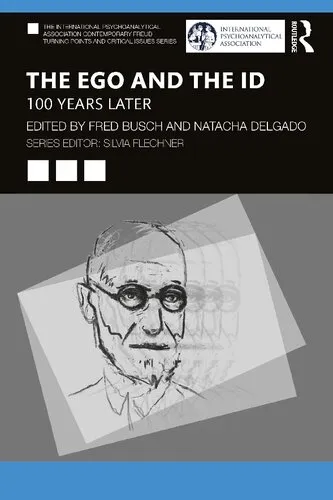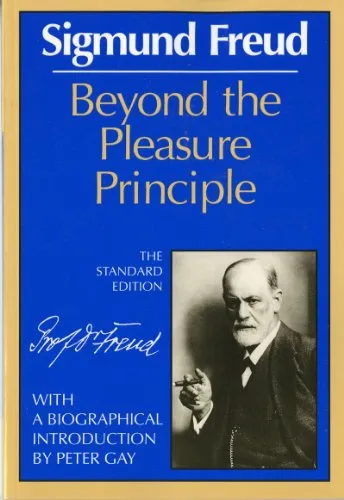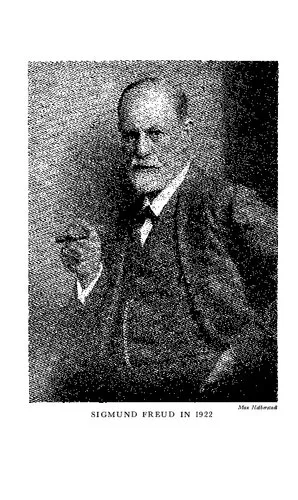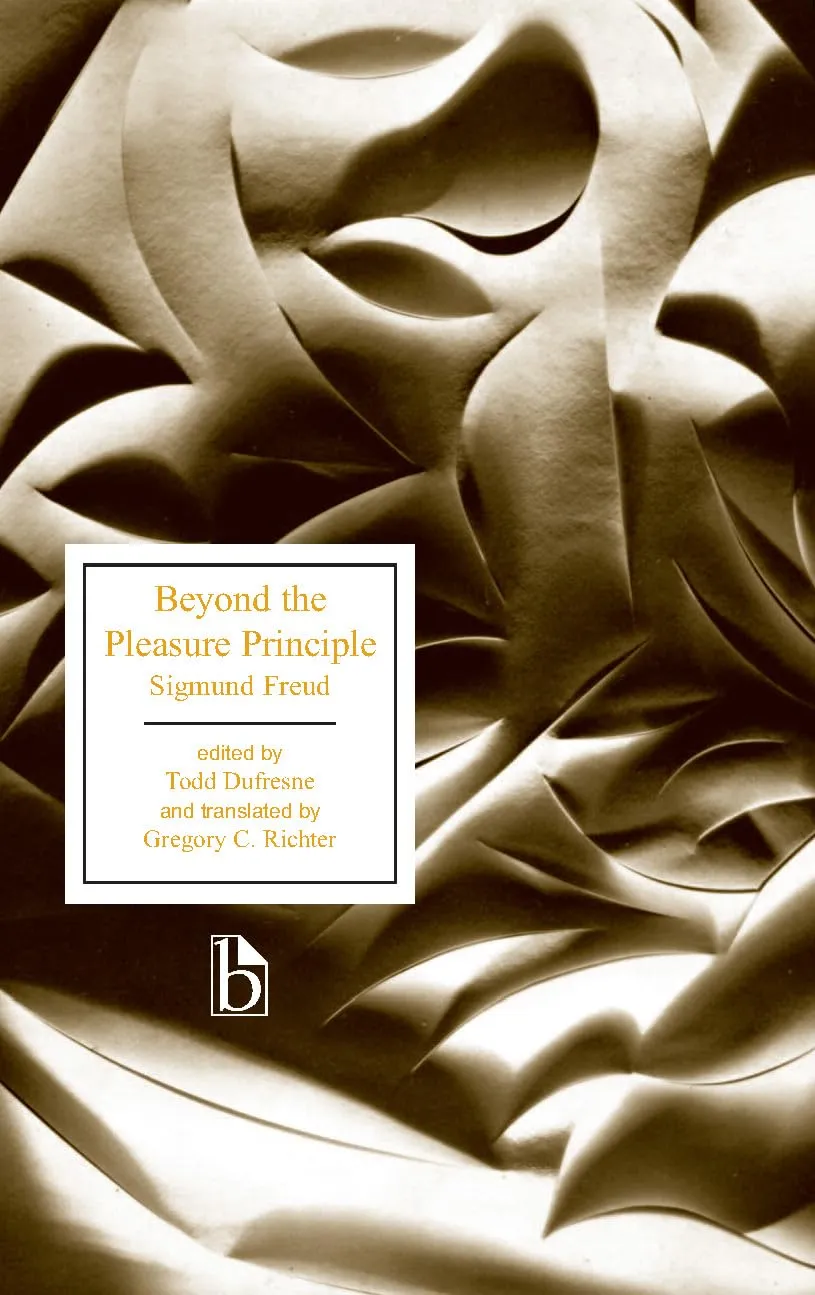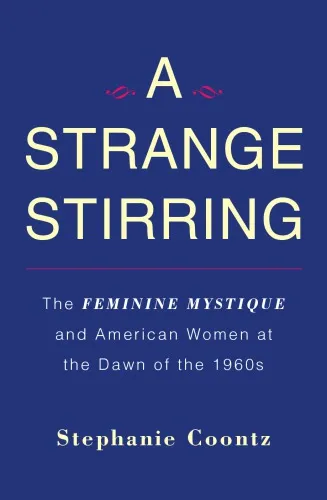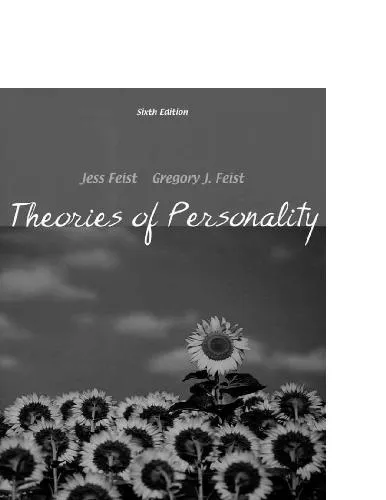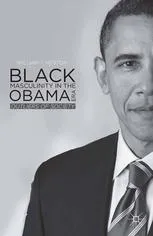Heterosexual Masculinities: Contemporary Perspectives from Psychoanalytic Gender Theory
4.5
Reviews from our users

You Can Ask your questions from this book's AI after Login
Each download or ask from book AI costs 2 points. To earn more free points, please visit the Points Guide Page and complete some valuable actions.Related Refrences:
Introduction
Heterosexual Masculinities: Contemporary Perspectives from Psychoanalytic Gender Theory by Bruce Reis and Robert Grossmark is a seminal exploration into the complexities of heterosexual masculinity through the lens of psychoanalytic gender theory. The book bridges traditional psychoanalytic approaches with contemporary insights into gender studies, offering a profound new perspective on how heterosexual male identities are formed, negotiated, and expressed in today's world. Not confined to academic discourse, this book resonates with anyone curious about the intersections of psychology, gender, and societal norms.
In a cultural era increasingly characterized by critical engagement with traditional gender norms, Reis and Grossmark provide a thoughtful and nuanced discussion on a topic that is often misunderstood or oversimplified. By examining how heterosexual masculinities are influenced by external societal pressures and internal psychological factors, the book challenges stereotypes and opens up much-needed dialogues around gender identity and personal authenticity.
Detailed Summary of the Book
The book is structured around the notion that heterosexual masculinity is not a static or monolithic concept but rather a complex and evolving construct influenced by multiple intersecting forces. Drawing upon foundational psychoanalytic theories while incorporating modern frameworks, the authors delve deeply into critical questions of identity, power, vulnerability, and relationality.
At its core, the book interrogates the dominant narratives of masculinity, which often emphasize strength, stoicism, and control. Reis and Grossmark argue that these clichéd depictions can be harmful, reducing the richness of the male experience and disallowing space for emotional expression or individuality. Through clinical examples, cultural analysis, and theoretical exploration, the book seeks to uncover the hidden dimensions of heterosexual masculinities, showcasing how men navigate the complexities of love, intimacy, and self-perception.
The authors also explore the unconscious elements that shape masculinity and how they intersect with societal dynamics. They offer a psychoanalytic perspective on themes such as competition, vulnerability, intimacy, and shame, providing readers with tools for recognizing and deconstructing the psychological mechanisms underpinning these experiences. Ultimately, the work provides a framework for understanding masculinity as fluid and diverse rather than rigid and prescriptive.
Key Takeaways
- Heterosexual masculinity is not a singular, static identity but a dynamic and adaptive construct.
- Traditional stereotypes of masculinity often fail to capture the intricacies of male psychological and emotional experiences.
- Psychoanalytic theory can offer profound insights into the unconscious dynamics of masculinity, highlighting issues such as vulnerability, intimacy, and shame.
- To address the challenges of modern masculinity, there must be a greater emphasis on empathy, dialogue, and relational authenticity.
- Understanding masculinities can contribute to healthier relationships, better mental health outcomes, and a more nuanced appreciation of gender diversity.
Famous Quotes From the Book
"Masculinity has long been misunderstood as a rigid archetype, yet it is a living, breathing complexity that deserves exploration beyond societal clichés."
"To fully realize our humanity, we must embrace vulnerability, not as a weakness, but as the cornerstone of authentic connection."
Why This Book Matters
Heterosexual Masculinities: Contemporary Perspectives from Psychoanalytic Gender Theory is a vital contribution to the ongoing dialogue around gender, identity, and human psychology. The book addresses a critical gap in psychoanalytic and gender theory by focusing on the complexities of heterosexual masculinity, a topic often neglected or oversimplified.
At a time when traditional gender norms are under scrutiny and calls for inclusive discussions about masculinity are growing louder, this book provides essential insights for therapists, educators, and anyone interested in fostering a deeper understanding of gendered experiences. By challenging entrenched stereotypes and debunking myths, the authors advocate for a more compassionate and multifaceted view of what it means to be a man in today’s world.
The work transcends academia to deliver a message that is both timely and universal: that understanding masculinity in its full spectrum is not just a matter of intellectual curiosity but a necessity for building healthier communities and relationships. This book lights the way forward for rethinking masculinity in ways that respect its diversity and complexity.
Free Direct Download
You Can Download this book after Login
Accessing books through legal platforms and public libraries not only supports the rights of authors and publishers but also contributes to the sustainability of reading culture. Before downloading, please take a moment to consider these options.
Find this book on other platforms:
WorldCat helps you find books in libraries worldwide.
See ratings, reviews, and discussions on Goodreads.
Find and buy rare or used books on AbeBooks.
1605
بازدید4.5
امتیاز0
نظر98%
رضایتReviews:
4.5
Based on 0 users review
Questions & Answers
Ask questions about this book or help others by answering
No questions yet. Be the first to ask!
